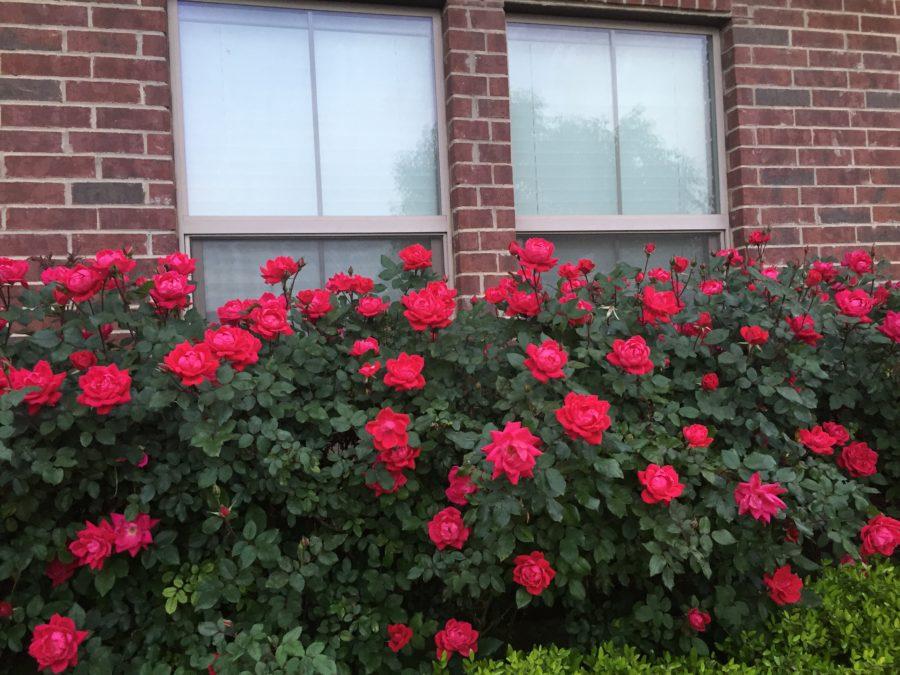This winter caused the greatest increase in allergies several Fort Worth doctors say they’ve ever seen. While some enjoyed the warm Texas weather, others were perpetually sick.
Leah Griffin, manager of student media sales and marketing at TCU, said her allergies often keep her from going outdoors. Griffin checks an air quality app on her phone to decide if she should leave her house. She said this winter has caused her such severe allergies she hasn’t bothered checking it.
“This winter was definitely worse,” Griffin said. “It makes it hard to sleep at night because I can’t breathe. I usually wake up with one side of my face clogged.”
This winter was one of the warmest in Fort Worth history. Allergist Dr. Robert Rogers explained the connection between the weather and how it could cause a spike in allergies for people like Griffin.
“The winter time in Fort Worth is kind of special from an allergy standpoint because of our geographical location relative to where all of the cedar trees grow,” Rogers said.
Rogers said when Fort Worth experiences mild weather, the city is receiving winds from the south where most of the cedar trees are located. He said the wind is blowing over pollen that wouldn’t normally be a problem
Had the winter been colder, Rogers said, Fort Worth would be getting winds from the north, where there are not a lot of cedar trees.
“Fort Worth in the winter time has this really unique phenomena where the plants that pollinate really aren’t right where we live,” Rogers said. “In the spring time, all of the pollinating trees are close, so the wind direction doesn’t really matter.”
Allergist Sunny Kallmer said the spring season began earlier because Fort Worth has had a lot of rain, causing the trees to grow and pollinate earlier than usual.
Kallmer said in the 20 years she has been in Texas, she has never seen so many patients suffering from allergies.
“We’re having an earlier and heavier start to our spring pollen season than I have ever seen in history,” Kallmer said. “It triggered more severe and earlier symptoms than I’ve ever seen for people.”
Whether or not an individual will suffer from allergies is dependent upon their immune system.
Rogers said allergies come from people’s individual reactions to the pollen of various trees, but that the pollen itself is harmless.
“Certain pollens are not more allergenic than others in terms of the symptoms you get, but symptoms are based on your own immune response to the pollen,” Rogers said. “The harm comes from the chemicals that your body dumps out in an attempt to fight those particles.”
In a poll of 42 Fort Worth residents, 60 percent of people said their allergies have worsened in the past few months. Having a runny nose was the biggest complaint among the survey participants.




